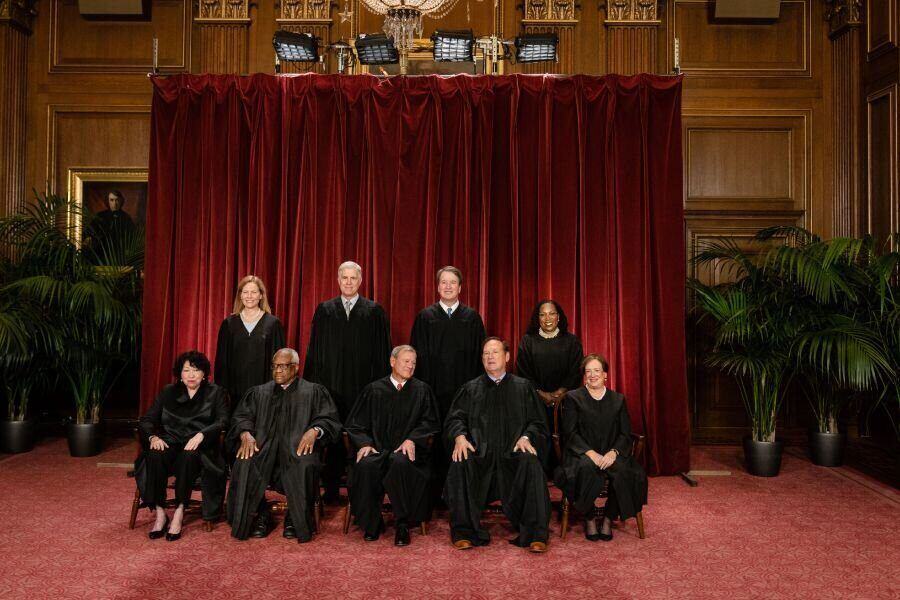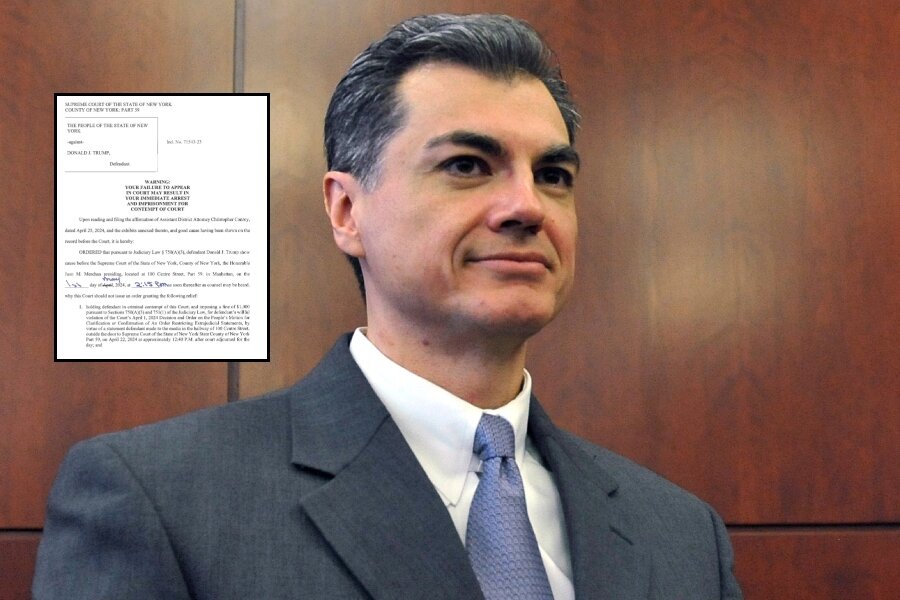The Supreme Court issued a unanimous ruling on April 16 in favor of Texas landowners affected by flooding caused by a state highway project.
The recent 9-0 decision, marking another win for property rights from the court, enables the landowners to seek compensation in state court under the Takings Clause of the U.S. Constitution.
In its ruling, the highest court in the nation rejected the conservative-leaning U.S. Court of Appeals for the 5th Circuit’s stance that the lawsuits couldn’t move forward.
The lawsuit, Devillier v. Texas, arose from a string of inverse-condemnation lawsuits filed in Texas state courts. These cases alleged that a particular highway project led to extensive flooding.
Inverse condemnation occurs when the government takes or harms property for public use without following eminent domain procedures.
Richie Devillier, the main petitioner, along with his family, has resided on their farm in Winnie, Texas, since his grandfather purchased the land in the 1930s. Throughout much of its history, the property remained flood-free.
However, in the early 2000s, the Texas Department of Transportation undertook renovations on the nearby U.S. Interstate Highway 10, raising its elevation, expanding it with two additional lanes, and putting up a concrete median barrier.
The construction of the median barrier resulted in a low-head dam that trapped rainfall on the north side. As a result, water that would typically flow southward into the Gulf of Mexico was stopped by Highway 10.
The project aimed to maintain accessibility along a section of the road during floods. However, it inadvertently led to flooding on the south side of the highway during heavy rainfall, causing damage to nearby properties.
Whenever there’s heavy rainfall now, Mr. Devillier’s land turns into a lake, resulting in the destruction of crops and farm animals.
Mr. Devillier, along with over 120 other property owners located north of Highway 10 between Houston and Beaumont, Texas, filed lawsuits. Texas transferred these lawsuits to federal court, where they were combined into one case.
The federal district court decided that the landowners could continue with their claims, stating that the Takings Clause of the Fifth Amendment to the U.S. Constitution was self-enforcing. This meant that the state could be sued even without specific legislation permitting such lawsuits.
The 5th Circuit overturned the decision, stating that the state couldn’t be held accountable because Congress hadn’t passed any laws permitting citizens to sue states for property takings. Essentially, they argued that the Fifth Amendment’s promise of “just compensation” couldn’t be enforced.
The Fifth Amendment states: “No person shall … be deprived of life, liberty, or property, without due process of law; nor shall private property be taken for public use, without just compensation.”
Justice Clarence Thomas wrote the court’s opinion in Devillier v. Texas. The remarkably brief opinion is only seven pages long.
The court reviewed Mr. Devillier’s claim asserting that Texas “took his property for stormwater storage,” focusing on whether “a person whose property is taken without compensation [may] seek redress under the self-executing Takings Clause even if the legislature has not affirmatively provided them with a cause of action.”
Justice Thomas clarified that Texas law does provide a cause of action for property owners to address their rights under the Takings Clause, allowing Mr. Devillier to proceed under this state-law provision.
In the aftermath of Hurricane Harvey in 2017 and Tropical Storm Imelda in 2019, the new median barrier on Highway 10 prevented flooding on the highway’s south side but caused significant flooding on property north of the highway, leading to extensive damage and loss for landowners.
Given the availability of a state-law cause of action for takings claims, the Supreme Court determined that the landowners have the right to pursue their claims for just compensation under the Takings Clause, overturning the 5th Circuit’s decision and sending the case back for further proceedings.
Share your thoughts by scrolling down to leave a comment.












